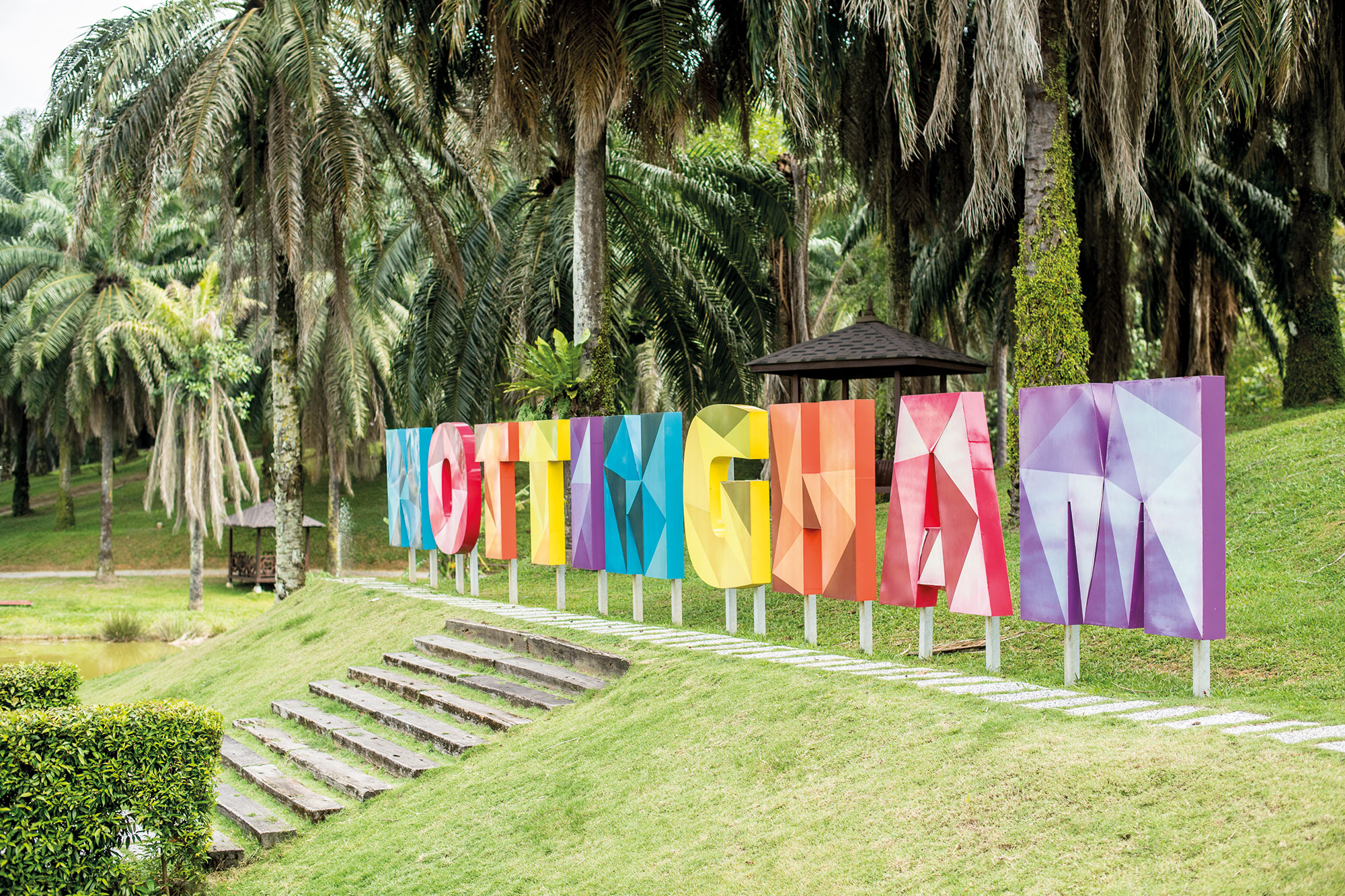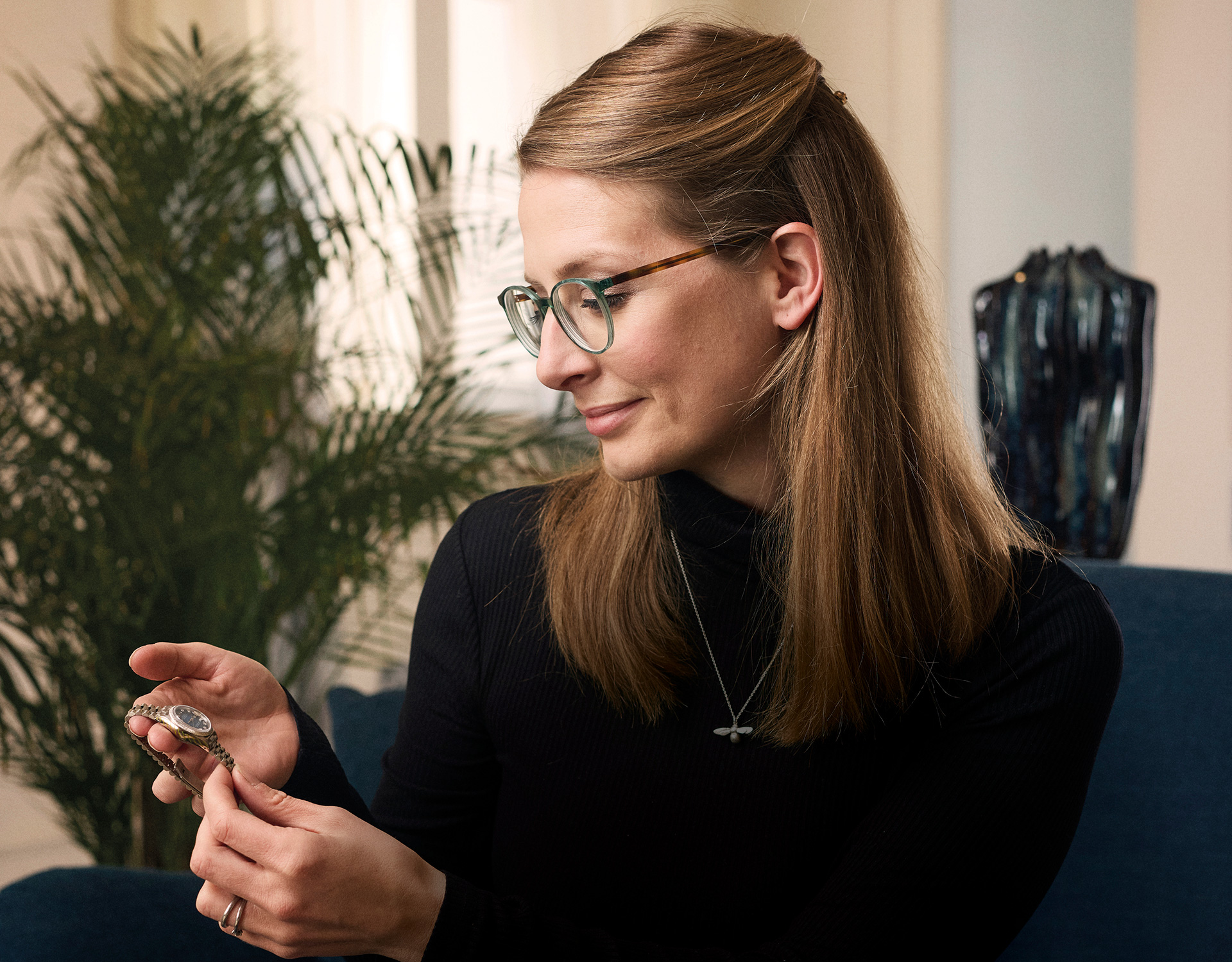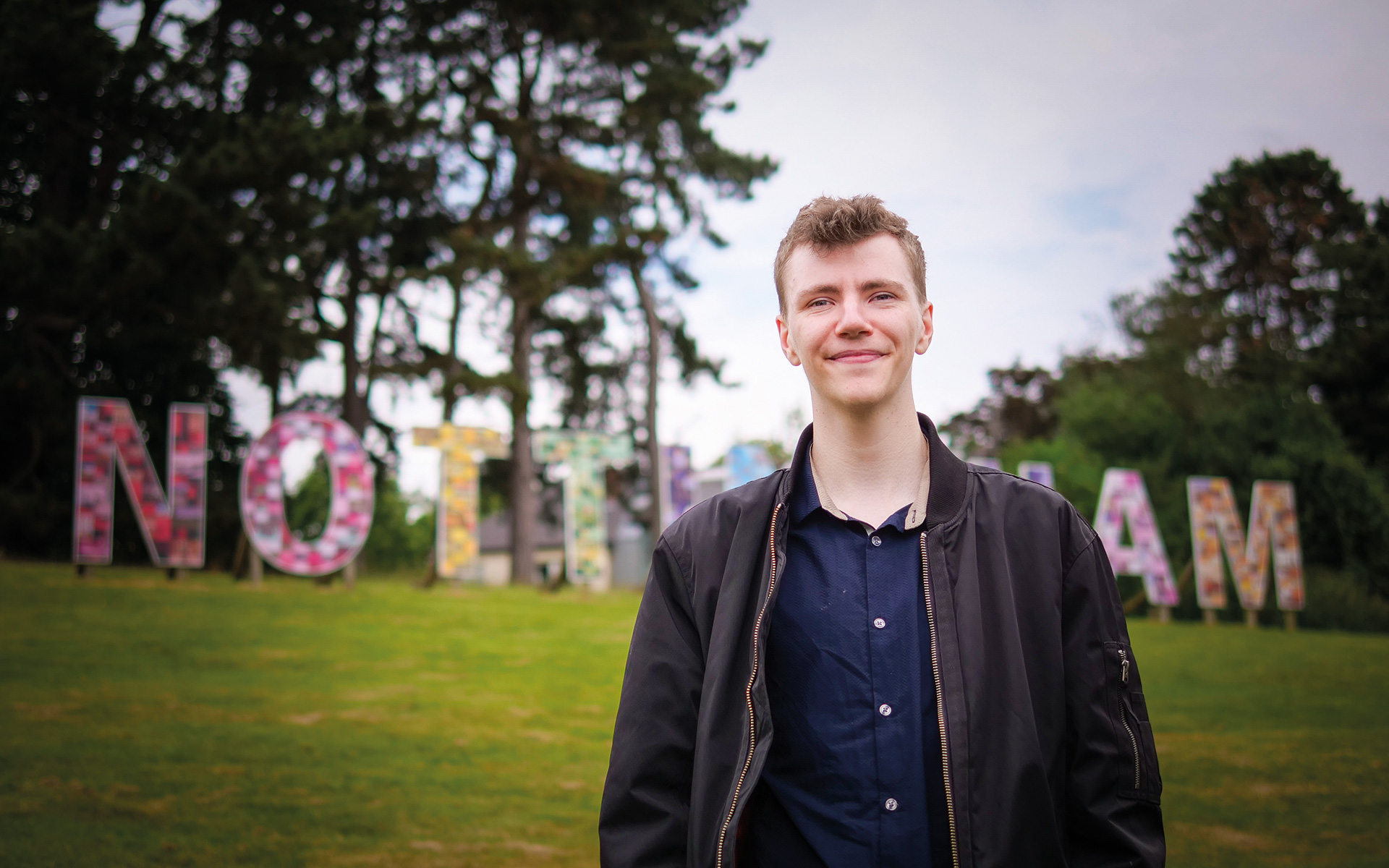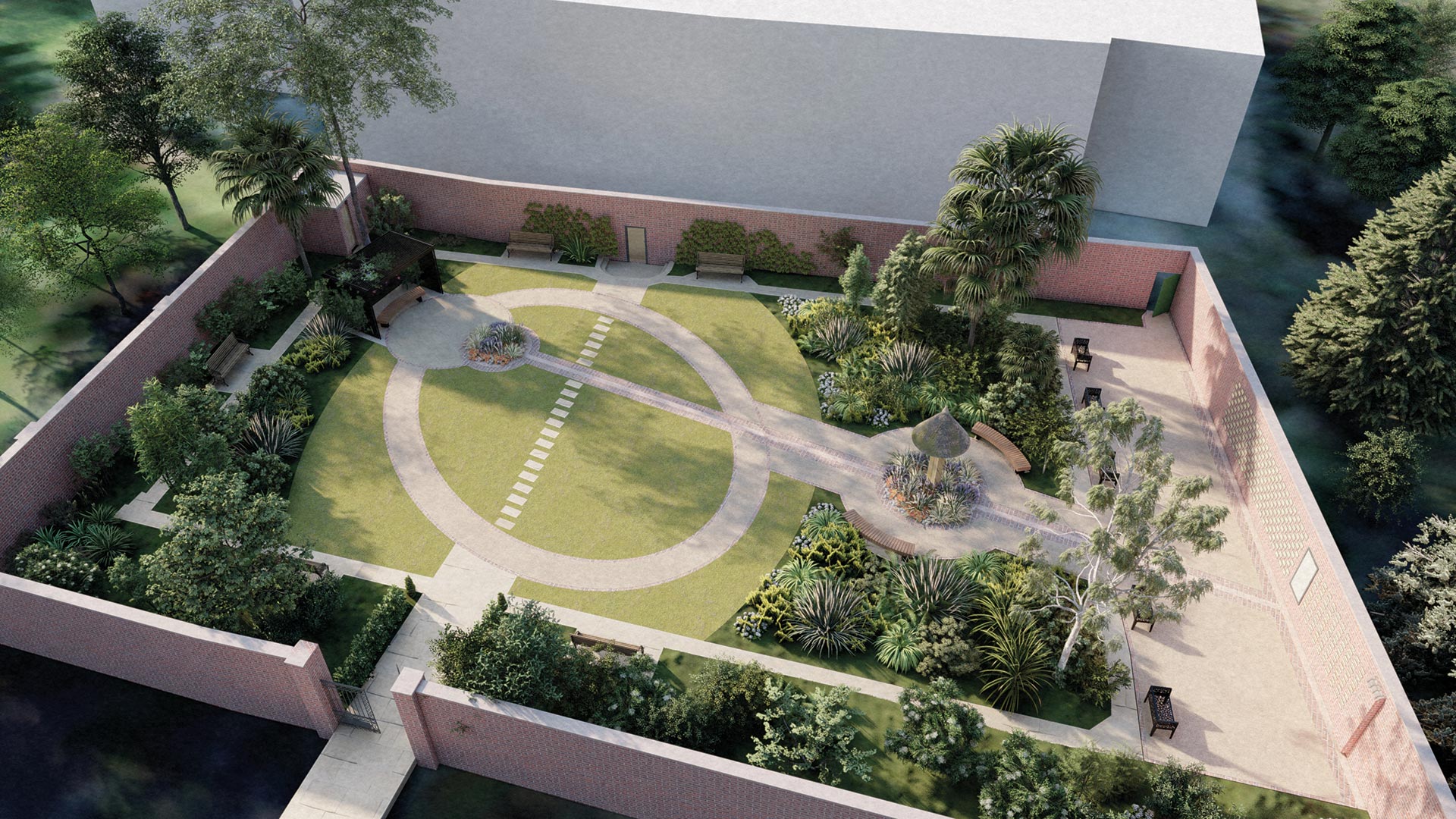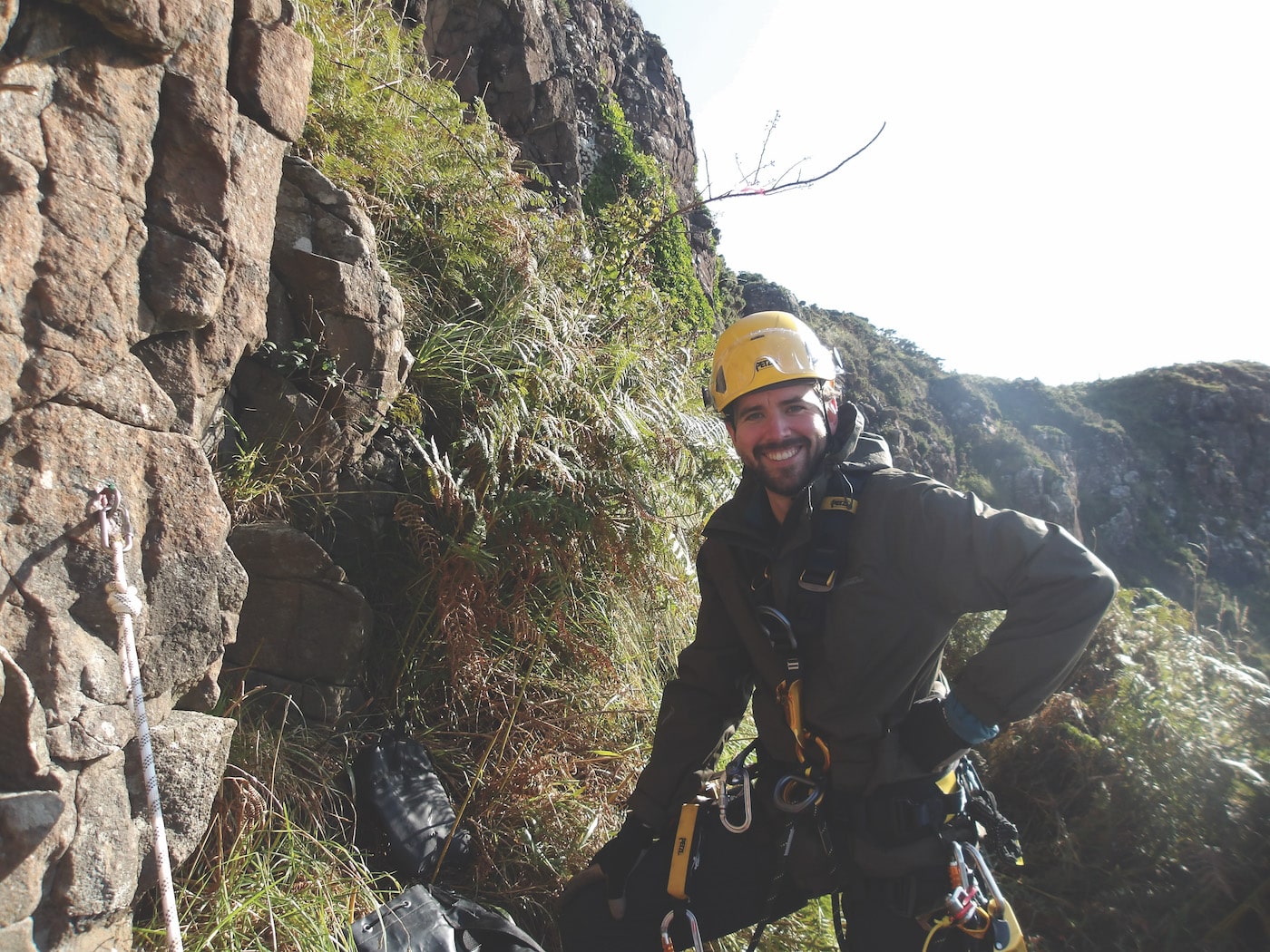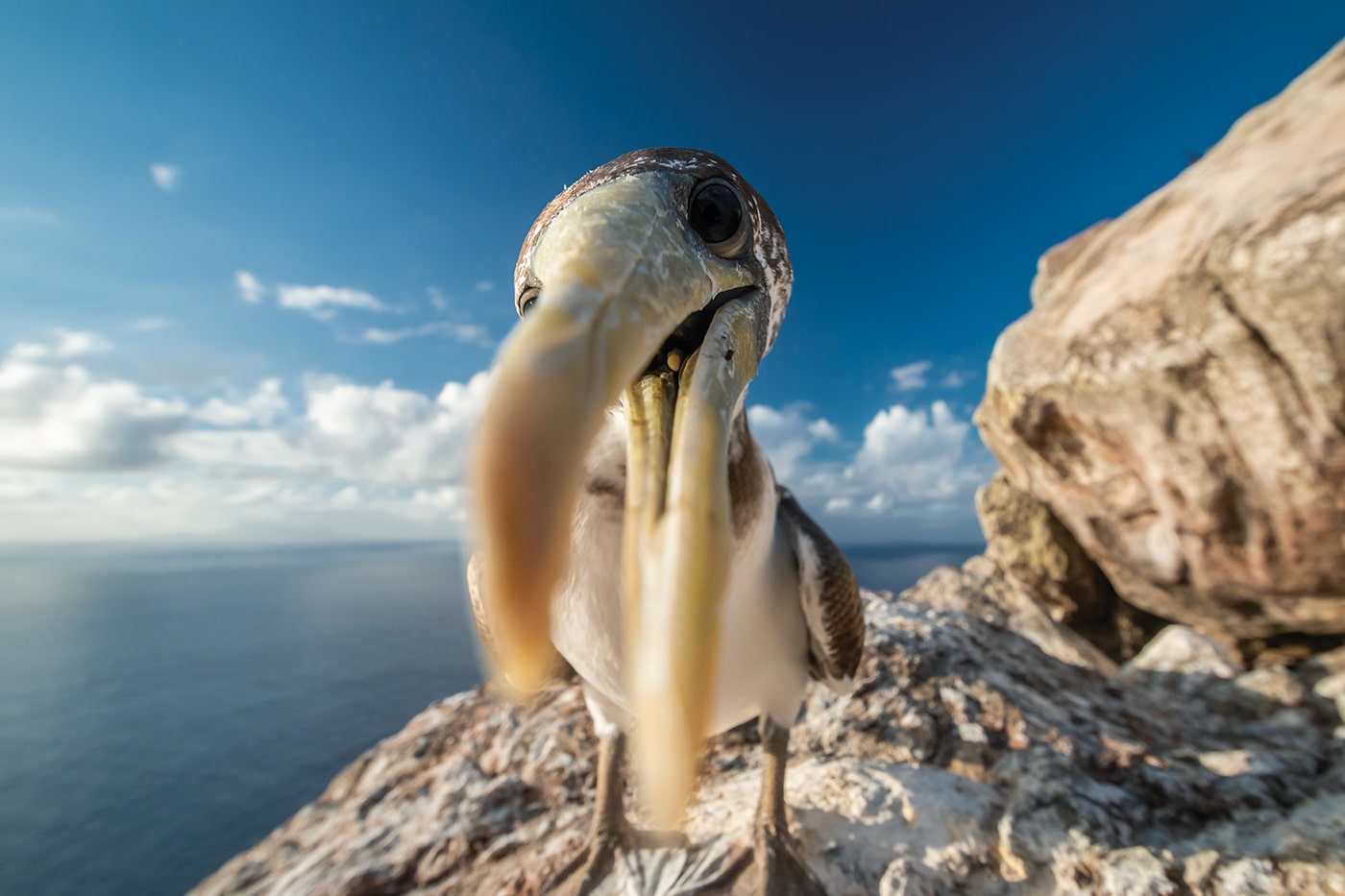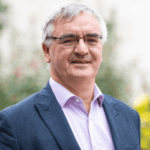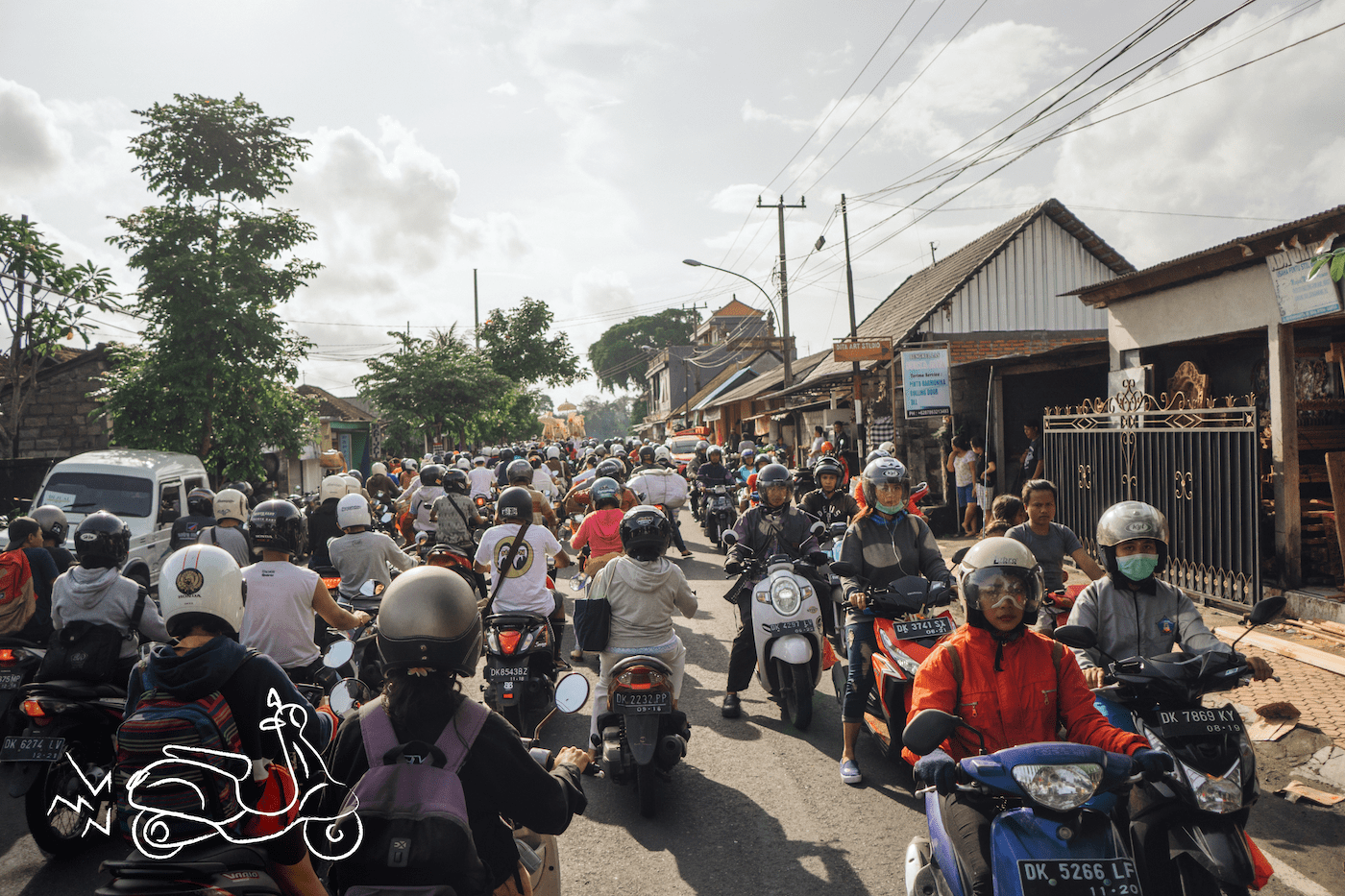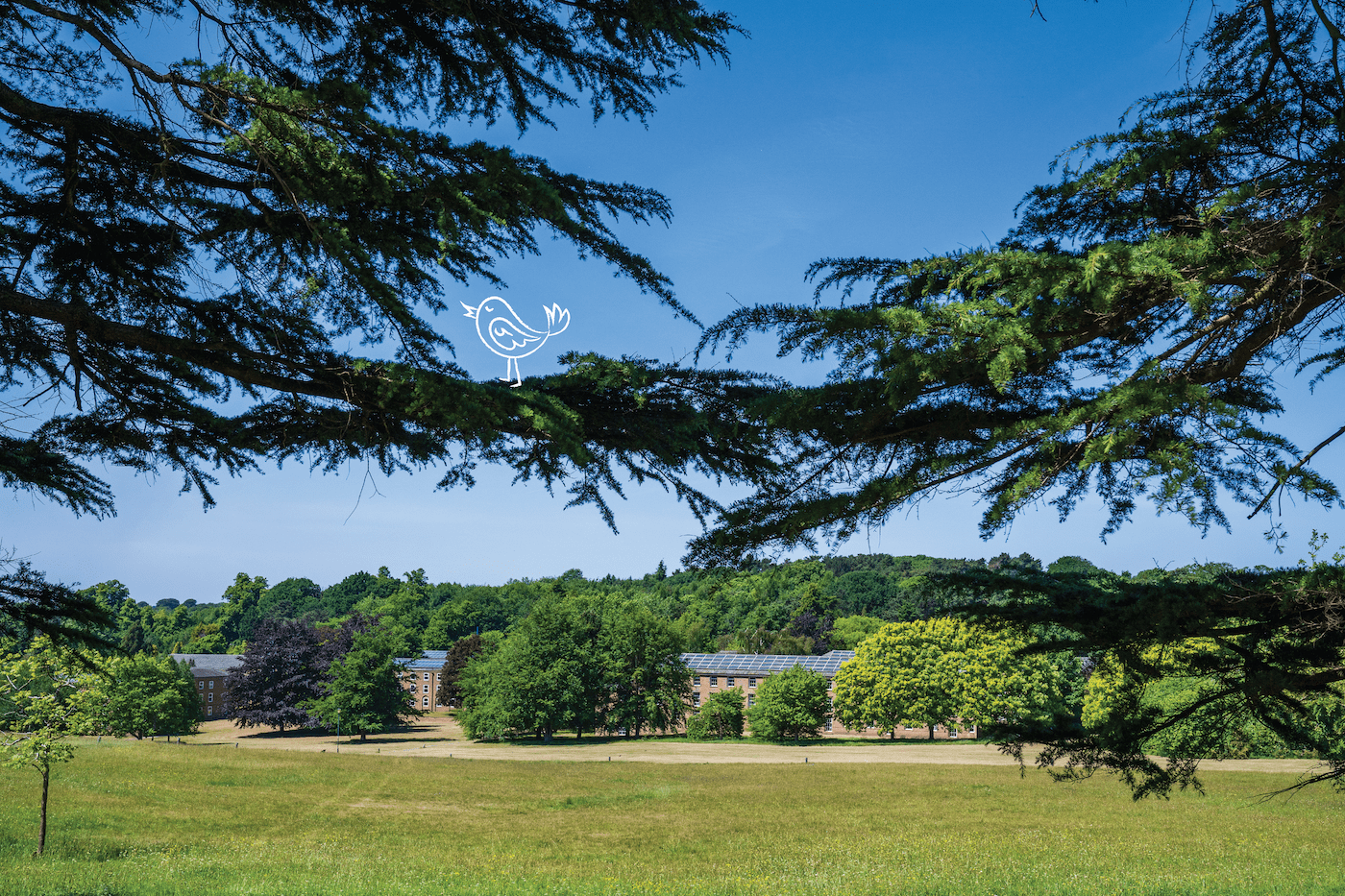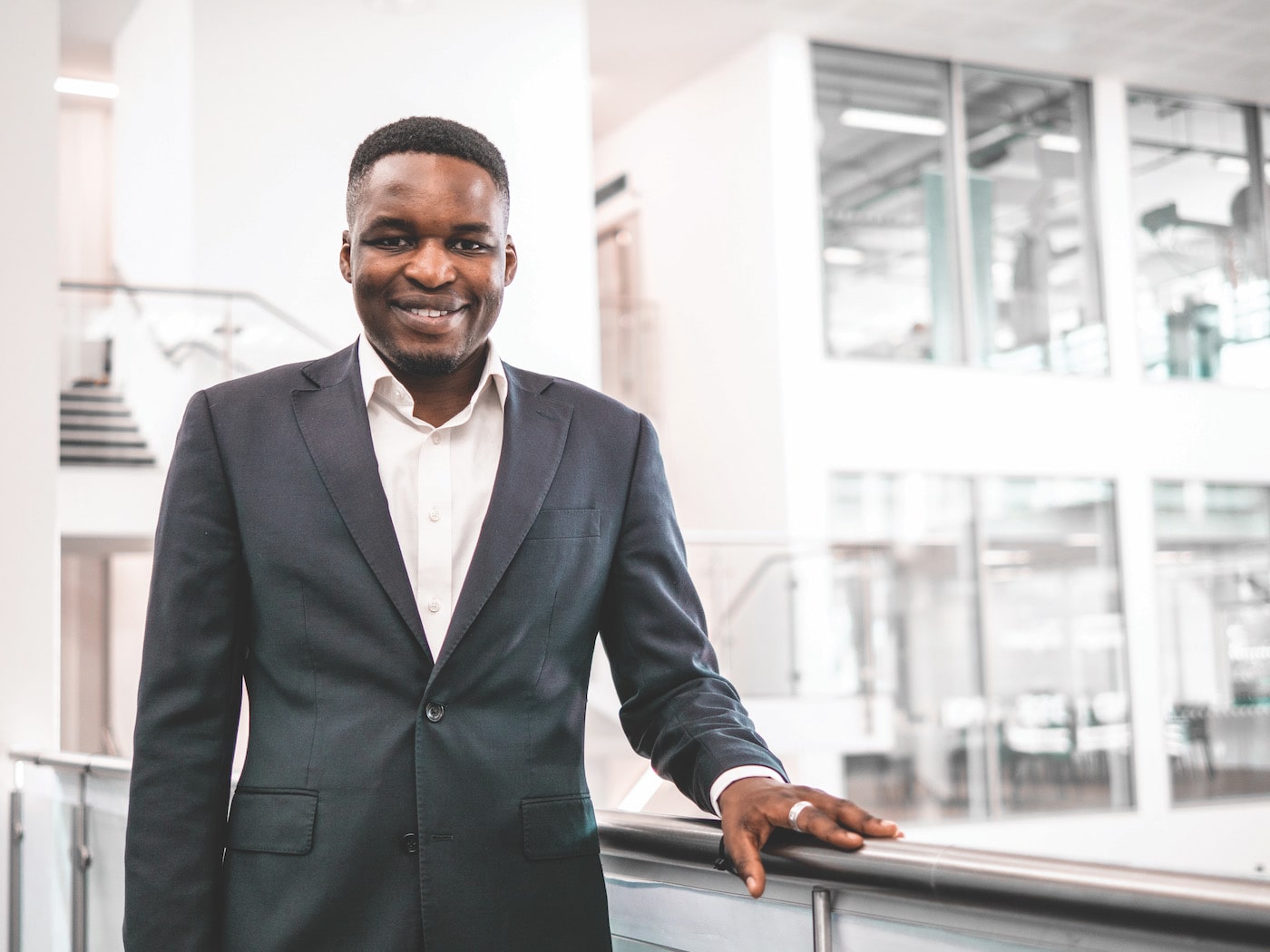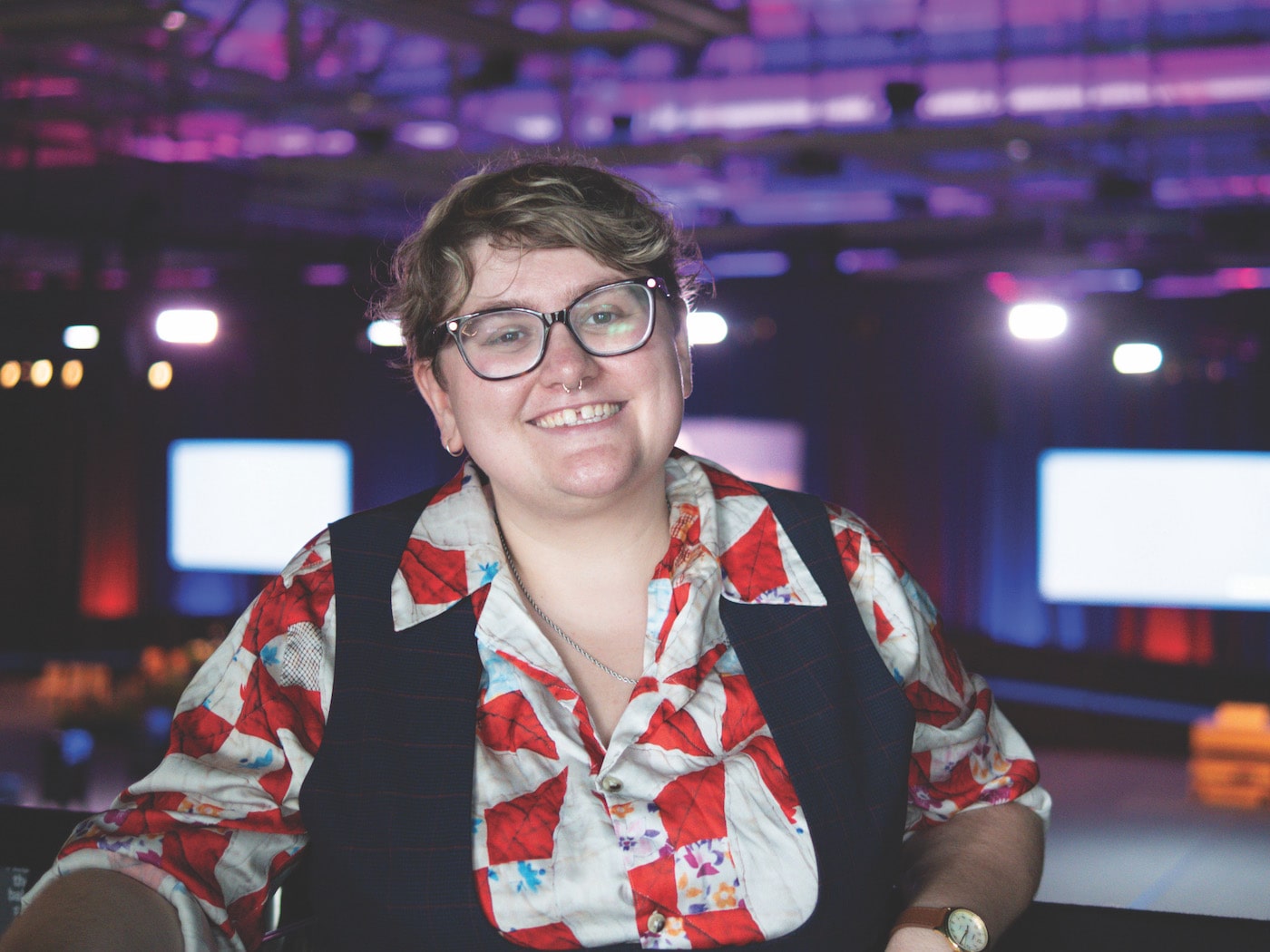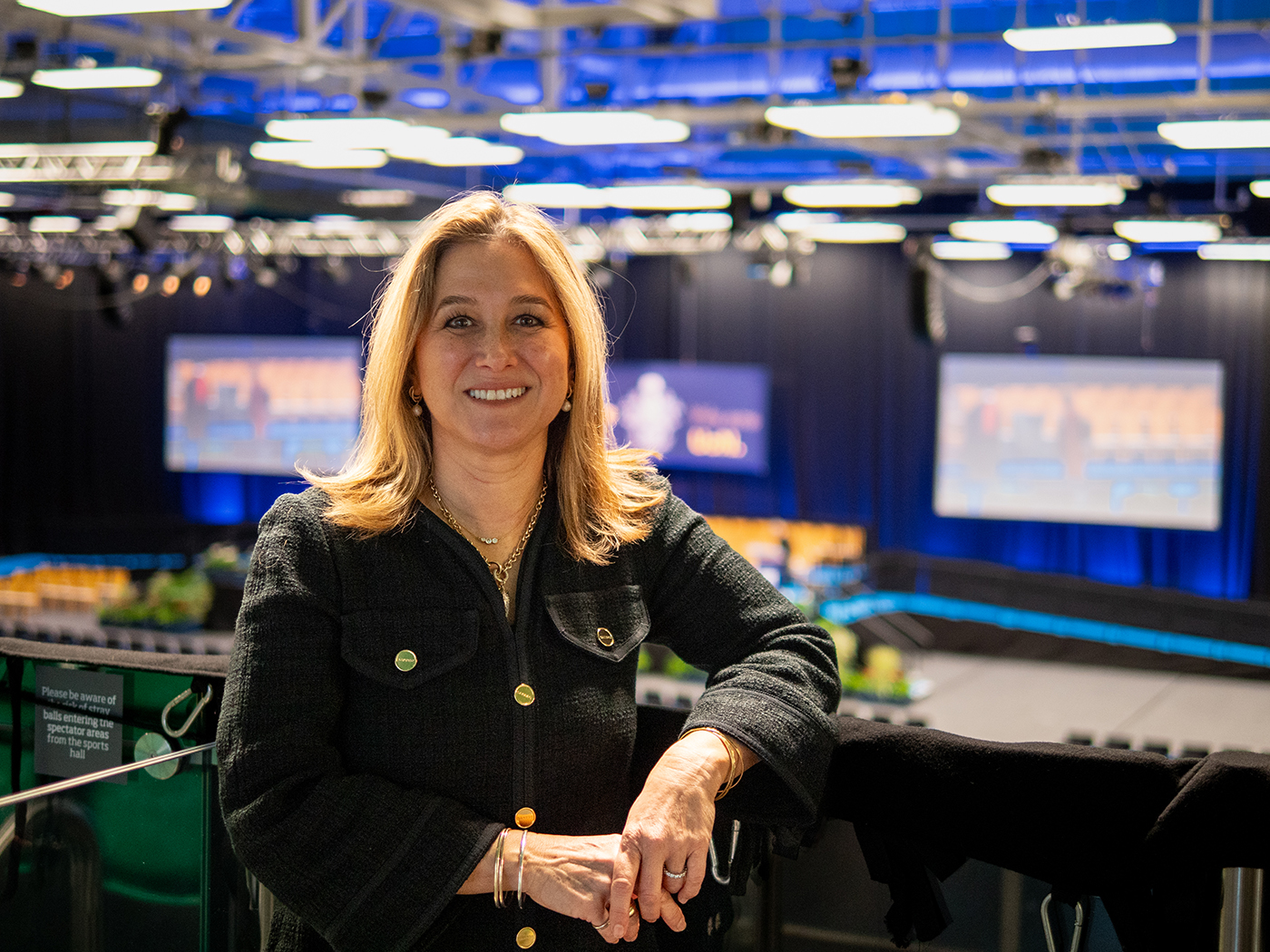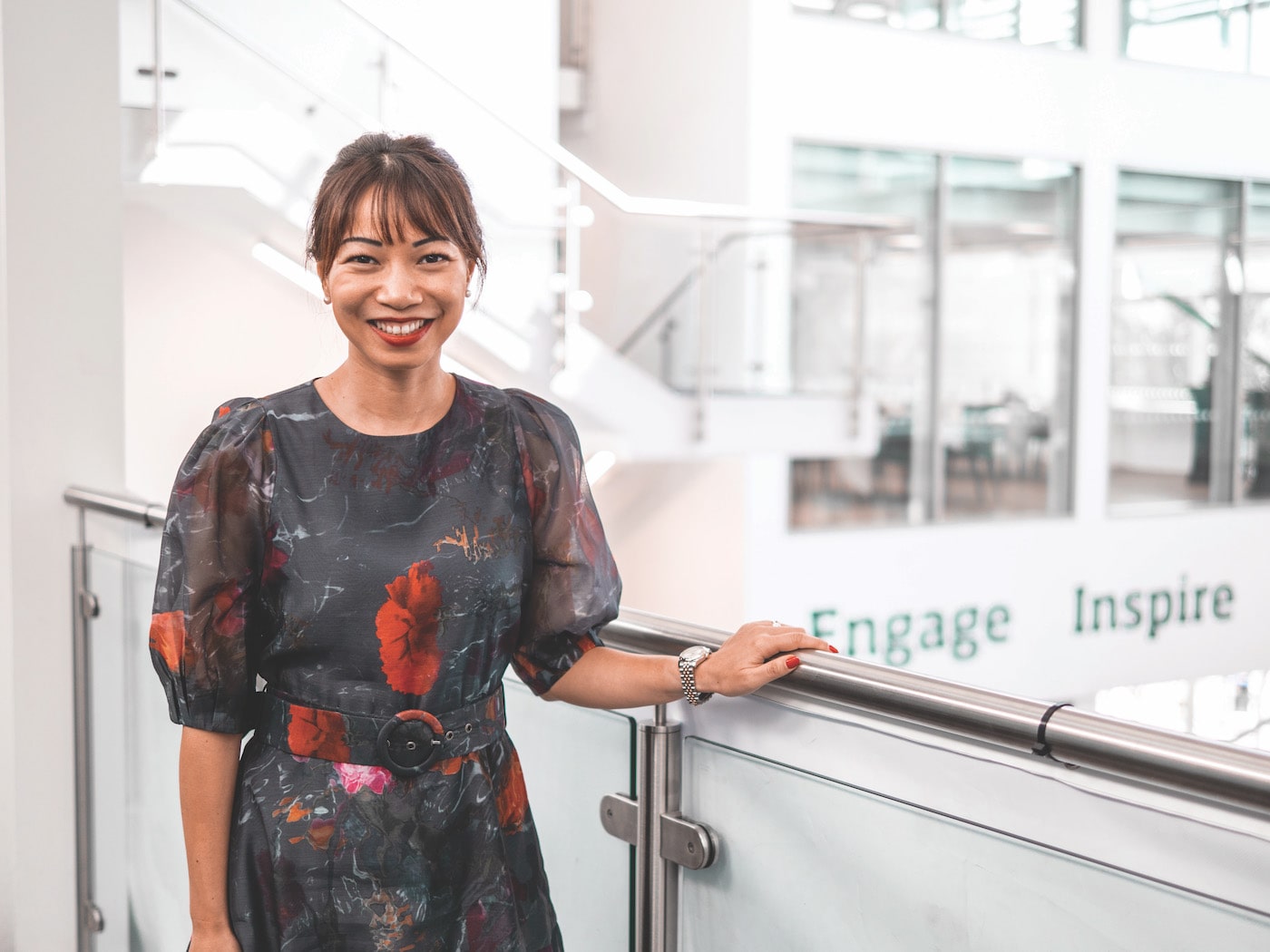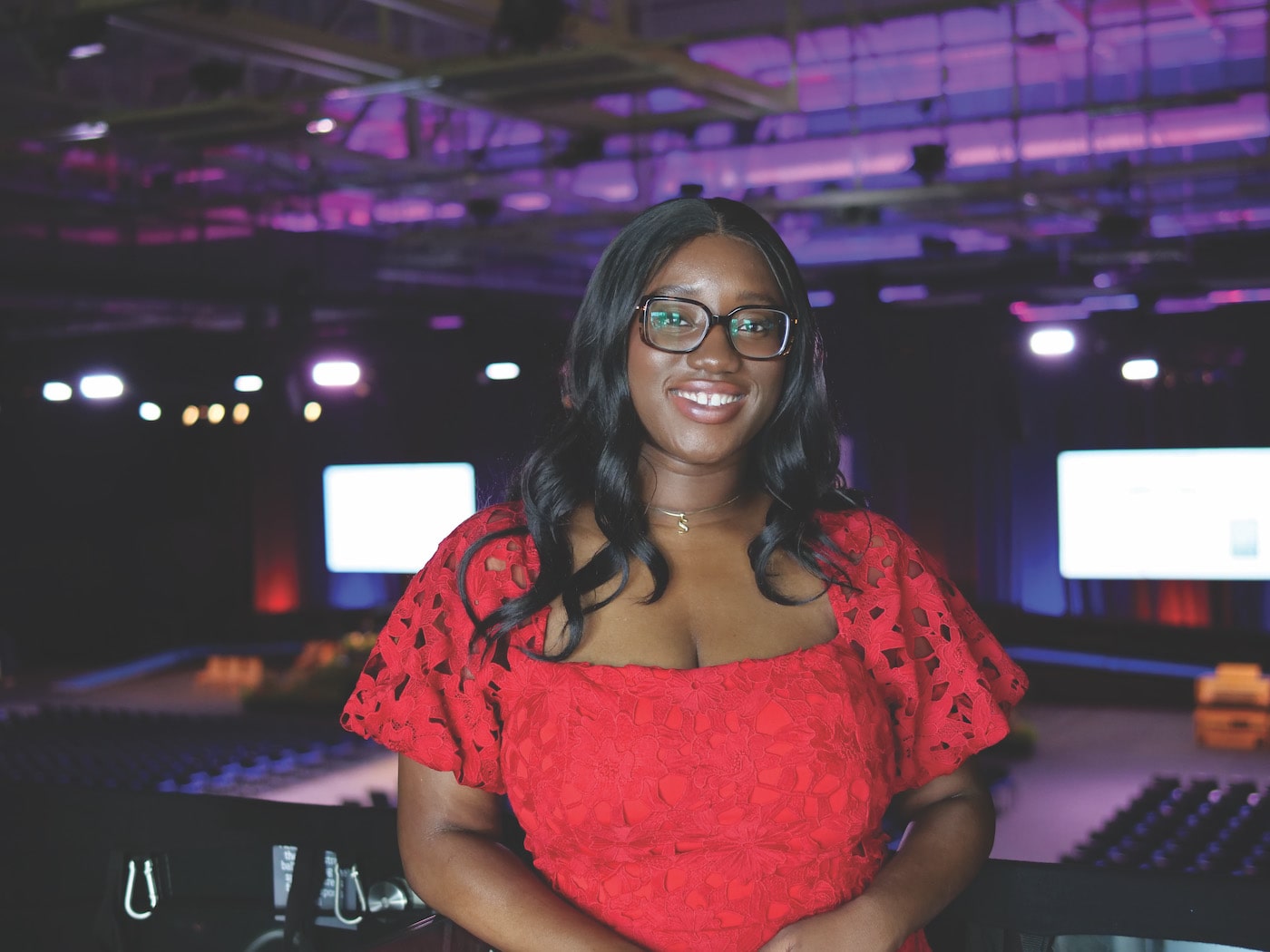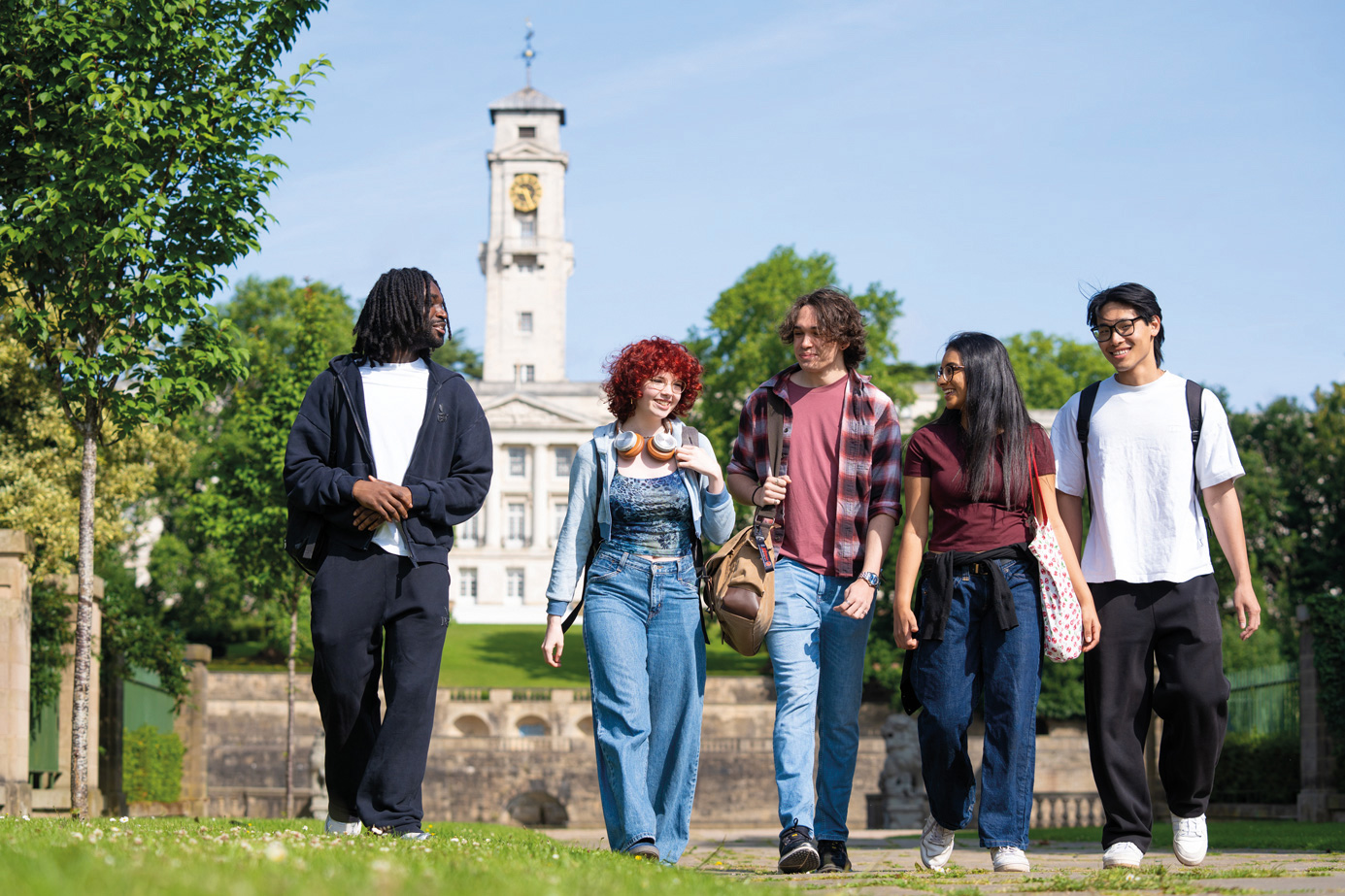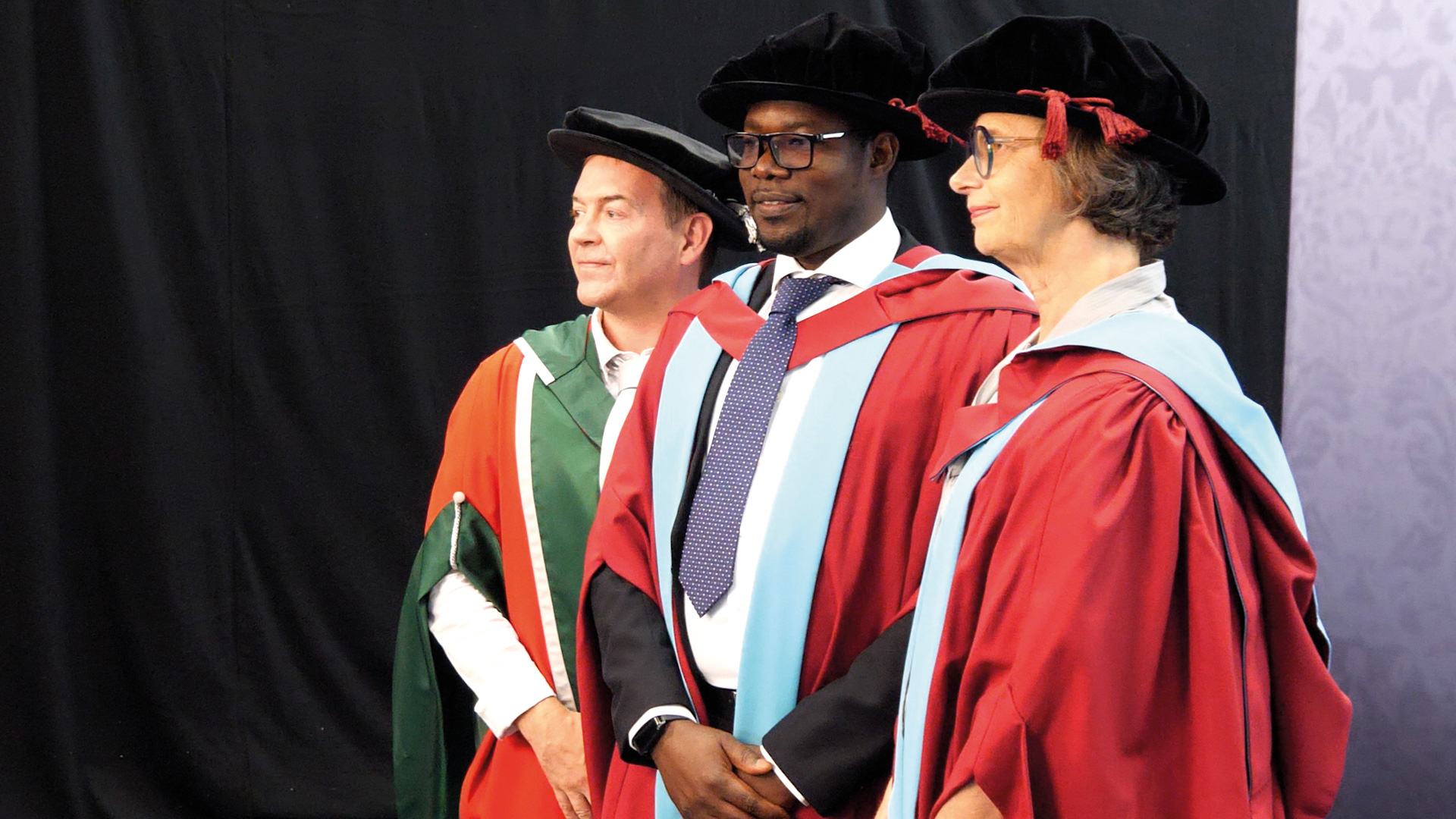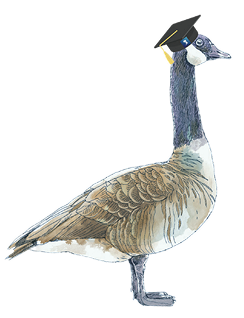Getting to know our Vice-Chancellor
We’re delighted to welcome Professor Jane Norman, who took up her position as our eighth President and Vice-Chancellor in January 2025. We met with Jane to find out about the highlights of her role so far, what makes her proud of Nottingham, and the future of the university.
What have been some of the highlights of your role so far?
“It is hard to distil them because there is so much excellent work going on across the organisation. One of the highlights is graduation at our campuses in the UK, Malaysia and China. They’re wonderful occasions with happy students and proud families and staff – we appreciate the value our students bring to the university and it’s a great way to celebrate their achievements.
My other highlights are the Lord Dearing Awards, where we recognise staff who bring innovations into teaching; and our research awards, where we celebrate the huge range of work our researchers do that positively impacts the world. Meeting our staff, and hearing them speak with passion about their work, is a real privilege.”
What are you most proud of about the University of Nottingham?
“I’m proud that we are a Russell Group university that is among the top 100 in the world. But more importantly, it’s not just what we do, but how we do it. We are a university that lives its values. We have a very strong set of values – we want to be kind; we want to be ambitious; we want to be inclusive. I believe that we live those values in the work we do. I’m proud of how we generate fundamental knowledge and share it with the world; I’m proud of our students and what they go on to achieve; and I’m proud of our internationalisation and how that speaks to how we see ourselves as a university.”
What are the opportunities ahead for Nottingham?
“One of the things we’re working on is enhancing the sense of student belonging. I’m keen that the graduates of the future feel as positive about their university experience as the alumni I speak to do. We can do that through supporting sports and societies, increasing interaction with academic staff, and enhancing learning through digital support.
“I’m also keen that we maintain and futureproof our employability. The jobs of the future are going to be very different, so I’d like to ensure that we equip our graduates with skills for the future. We also need to think about what internationalisation looks like for us over the next 10 years, as it’s an important part of our DNA.
“Ultimately, it is how we continue to be a force for good in the world. We do that through our graduates, who go on to achieve fabulous things, and our research, in tackling challenging problems and making the world a better place. We’ve done that for the last 50 years, and I’d like to make sure that we can do that even more over the next 10 years.”
What’s the one thing you’d like alumni to know?
“One of the best parts of my job is meeting our alumni. We are so proud of all of our alumni and the fantastic things they achieve. I want to make alumni even prouder of us over the next 10 years. I’m ambitious about our success, I think we can be top 50 in the world. I think that’s important, not because league tables are important, but because of what that will say about the quality and impact of our education and research. So for alumni, my message is we’re proud of you and I want you to be proud of us too.”
Nottingham ranked among world’s Top 100 universities
We are proud to rank 97th globally and 17th in the UK in the latest QS World University Rankings, which assess universities against six key performance indicators including research, teaching and internationalisation. We performed strongly for employability and employer reputation, reflecting our position as the leading UK university for graduates entering highly skilled employment for five years running (HESA Graduate Outcomes data 2021–2025, number of full-time, UK, UG and PG students).

100 years of sporting excellence
2025 marks one century since the Highfields Cricket Pavilion first opened its doors! One of the university’s oldest buildings, and the birthplace of our sporting legacy, it’s been a backdrop to countless memories at Nottingham. Share your recollections: alumnienquiries@nottingham.ac.uk
An incredible year of sport for Green and Gold
It’s been one of the most successful years to date for University of Nottingham Sport, with highlights including finishing the year as the top university for team sport in the UK for the fourth consecutive year, including a record-breaking 31 teams representing the university at BUCS Big Wednesday, and being crowned university national champions in 24 different sports across the year of competition.

Pharmacy turns 100
This academic year, the School of Pharmacy turns 100. From its early roots in the Trent Building, the department has grown into a global leader in pharmaceutical education and research.
Key milestones:
1925: Pharmacy becomes an independent department.
1928: Moves to the new Trent Building on University Park, with a lab, lecture room, and microscopes.
1930s: Publishes key textbooks; Boots supports 10 annual scholarships exclusive to Nottingham.
1940s-1960s: University College Nottingham gains its charter in 1948; in 1961, alumnus Stewart Adams co-creates ibuprofen.
1976: Department moves into the new Pharmacy building.
1983: Collaborative teaching with the Medical School begins.
1989: Professor Malcolm Stevens joins, researching temozolomide for brain cancer.
1990s-2000s: Research drives spin-outs like Molecular Profiles Ltd; 2005 sees the launch of the MPharm in Malaysia.
2010s: International Pharmacy degree with Tianjin University launched; ranked first in the UK in 2012; joins UNESCO UNITWIN in 2014.
2025: Ranked 12th globally and 4th in the UK (QS 2025), with 96% of research rated ‘world-leading’ or ‘internationally excellent’, and alumni in over 89 countries.
Reflecting on 100 years of achievement
Head of School, Professor Barrie Kellam, said: “This centenary year is an opportunity to reflect on the achievements of our staff, students, and alumni, honour those who shaped our journey, and reaffirm our commitment to leading in education and research for future generations.”
Share your memories
We want to hear from our alumni, staff and students. If you have stories, photos or memories from your time in Pharmacy, please share them at: alumni-enquiries@nottingham.ac.uk



